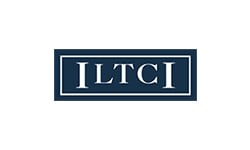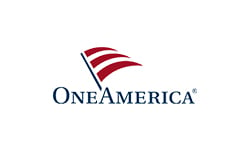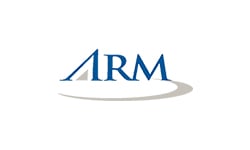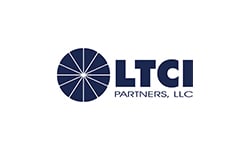By Carroll Golden
Executive Director, NAIFA Limited & Extended Care Planning Center
At the 2019 Intercompany Long Term Care Conference, I announced NAIFA’s support for Maryland’s Task Force on Long Term Care (LTC), signed into law by Governor Hogan. The Task Force recommendations include educating and raising consumer awareness of LTC options.
Other states are taking different approaches such as Washington state, which could soon be home to the first-in-the-nation long-term care insurance program. Both houses of the legislature have approved the measure, though they must resolve relatively minor differences between the two bills. Gov. Jay Inslee has indicated that he will sign the bill once it is approved by both houses.
The Washington legislation to authorize the program offers front-end coverage which pays LTC benefits once someone meets a functional limitation test but limits support to a fixed amount of time or money. While private LTCI usually requires assistance with two ADLS, Washington State’s approach requires someone to need assistance with three ADLs before they qualify for benefits.
However, Washington uses a broader interpretation of impairment.
There is a work and payroll tax requirement that may exclude some individuals from being eligible for the program. According to Howard Gleckman’s article in Forbes, the Washington initiative would provide up to $36,500 to pay for a broad range of long-term supports and services, such as personal care aides, home modifications, or nursing home or assisted living costs. Called the Long-Term Supports and Services Trust Program, it would be funded through a 0.58 percent tax on employee wages starting in 2022. Other states may consider similar proposals.
The industry also is working to raise awareness and strengthen their voice – as an industry, on Capitol Hill and to consumers – through the launch of the NAIFA Limited & Extended Care Planning (LECP) Center. Thanks to our sponsors who offer an array of options, products, resources, education, networking, and thought leadership on the LECP Center interactive hub and where all states are invited to post their initiatives. It is truly time for all interested parties to answer the call to action.















-CMYK.png?width=250&name=LifeSecureLogo(F)-CMYK.png)






